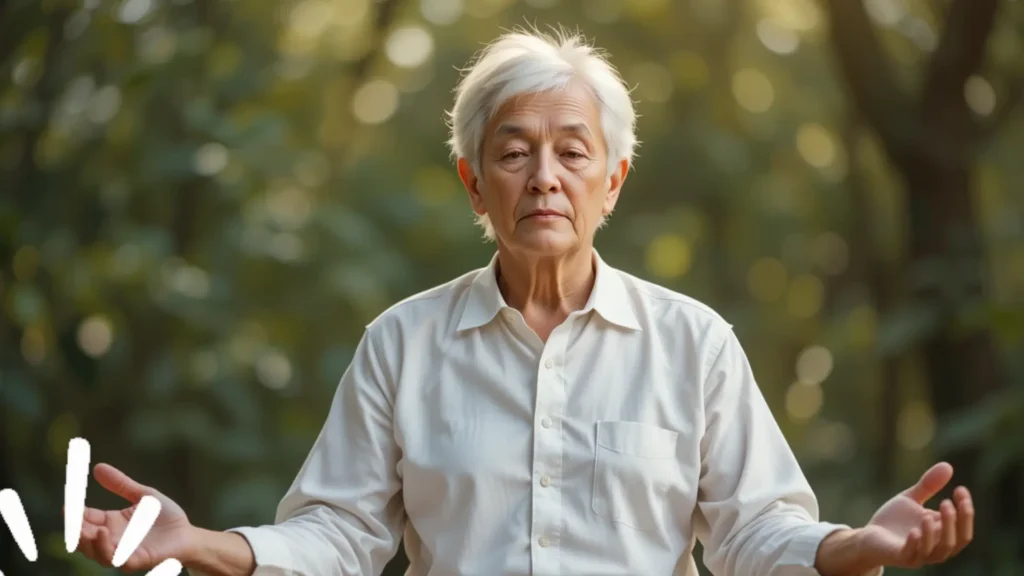Quit smoking. Lead a new life.
Smoking has a wide range of harmful effects on the body. Quitting at any age are beneficial. It is especially critical for older adults with age-related health issues.
Below are several reasons why seniors should quit smoking:
Cardiovascular Health
Smoking is one of the leading causes of heart disease. The chemicals in cigarettes damage the lining of the arteries. Excessive smoking causes them to narrow and harden. This increases the risk of blood clots, and heart attacks or strokes.
When seniors quit smoking, their risk of heart disease begins to decrease. Within just one year of quitting, the risk of coronary heart disease drops by about 50%, and after 15 years, it approaches that of someone who has never smoked.
Nicotine, the addictive substance in cigarettes, raises blood pressure and heart rate by stimulating the release of adrenaline. This puts extra strain on the heart and blood vessels. Over time, this leads to hypertension (high blood pressure).
Excessive smoking reduces the amount of oxygen in the blood and damages blood vessels. This impacts blood circulation. This causes symptoms like cold hands and feet. By quitting, seniors improve their circulation. Improved oxygen circulation in the blood vessel reduces the risk of peripheral artery disease (PAD).
Lung Function
As we age, lung function naturally declines. Smoking accelerates this process. The toxins in cigarette smoke damage the airways and the tiny air sacs (alveoli) in the lungs. This makes it harder to breathe over time.
However, the rate of decline in lung function slows down after quitting smoking. Improvement in breathing capacity starts to be shown. Even if they have smoked for decades, quitting still help preserve lung function and reduce symptoms like shortness of breath.
Smoking is responsible for about 85% of all lung cancer cases. While the risk of lung cancer never fully returns to that of a non-smoker, quitting smoking reduces the likelihood of developing lung cancer over time.
For example, after 10 years of quitting, the risk of dying from lung cancer is about halfthat of someone who continues to smoke. The sooner a senior quits, the better their chances of surviving lung cancer.
Immune System
Smoking weakens the immune system by damaging the cilia (tiny hair-like structures) in the respiratory tract. This makes seniors susceptible to pneumonia, bronchitis, and flu. Quitting helps seniors strengthening their immune systems and reduce their risk of serious infections.
Additionally, quitting improves the effectiveness of vaccines, such as the flu shot or pneumonia vaccine, which are particularly important for older adults.
Smoking impairs the body’s ability to heal wounds and recover from injuries. Nicotine constricts blood vessels, reducing blood flow to tissues and slowing down the delivery of oxygen and nutrients needed for healing.
This can lead to complications like delayed wound healing, increased risk of infection, and tissue death (necrosis). Seniors who quit smoking experience faster healing times and fewer complications after medical procedures.
Risk of Other Cancers

Smoking is not only linked to lung cancer but also increases the risk of cancers of the mouth, throat, esophagus, pancreas, bladder, kidney, and more. The carcinogens in cigarette damages DNA and promotes the growth of cancerous cells throughout the body.
Quitting smoking reduces the risk of these cancers over time, even for seniors who have smoked for many years. For example, the risk of cancers of the mouth, throat, and esophagus decreases significantly within 5-10 years of quitting.
Mental Health
Contrary to popular belief, smoking increases anxiety and depression over time. Nicotine addiction creates a cycle of withdrawal symptoms that can exacerbate mood swings.
Many smokers mistakenly believe that smoking helps them relax, but in reality, the temporary relief from nicotine withdrawal only reinforces the addiction.
Quitting leads to improved mental health and a greater sense of well-being. Studies have shown that people who quit smoking report reduced anxiety and depression levels, as well as improved overall mood.
Smoking is associated with an increased risk of cognitive decline and dementia. The toxins in cigarette smoke damage blood vessels in the brain. This contributes to memory problems, confusion, and difficulty concentrating.
Life Expectancy
Even seniors who have smoked for decades can add years to their life by quitting. According to research, smokers who quit before the age of 65can gain up to 1.7 yearsof life expectancy. Quitting later in life still offers significant health benefits and improves the quality of life in the remaining years.
For example, quitting at age 70can still reduce the risk of death from smoking-related diseases.
Smoking accelerates the aging process. By quitting, seniors can slow down the aging process and enjoy an active lifestyle.
Quality of Life
Reduced oxygen levels in the blood due to smoking leads to fatigue and shortness of breath. This makes everyday activities difficult. Quitting smoking improves oxygen levels in the blood, gives seniors more energy and makes daily activities easier to perform.
Many former smokers report feeling energetic and capable of engaging in physical activities they had previously avoided.
Smoking dulls the senses of taste and smell by damaging the nerve endings in the nose and mouth. This makes food less enjoyable and reduce the pleasure of eating.
After quitting, they can taste food better. This leads to a more enjoyable dining experience.
Smoking accelerates aging by breaking down collagen and elastin in the skin. Smokers experience wrinkles, sagging skin, and a dull complexion.
The repetitive facial expressions made while smoking (such as pursing the lips) also contribute to the formation of deep lines around the mouth. Quitting smoking slows down this process. Seniors who quit often notice that their skin looks healthier and more youthful over time.
Financial Benefits
Smoking is expensive. The cost of cigarettes continues to rise every year. Depending on where you live, a pack of cigarettes can cost anywhere from $3 to $20 or more.
For seniors on a fixed income, this can be a significant financial burden. By quitting, seniors can save a substantial amount of money that can be used for other necessities. For example, a senior who smokes a pack a day could save over $4,000 per yearby quitting.
Smoking-related illnesses lead to high healthcare costs. COPD, heart disease, and cancer require extensive medical care.
Quitting can reduce the need for these services and lower overall healthcare expenses. Additionally, many insurance companies offer discounts or incentives for non-smokers, which can further reduce healthcare costs.
Secondhand Smoke Exposure
Secondhand smoke is harmful to those around smokers, including children, grandchildren, and other family members. A single cigarette contains over 7,000 chemicals, hundreds of which are toxic, and at least 70of which can cause cancer.
Secondhand smoke exposure causes respiratory problems, heart disease, and cancer in non-smokers. By quitting, seniors can protect their loved ones from the dangers of secondhand smoke.
Quitting smoking is one of the most impactful decisions a senior can make to improve the lifestyle. While it may seem daunting, especially for long-term smokers, the benefits of quitting are undeniable. The advantages of quitting smoking are profound. With the right support, and determination, seniors can successfully quit smoking and enjoy the rewards of a healthier life. It’s never too late to quit, and the body begins to heal almost immediately after the last cigarette.




